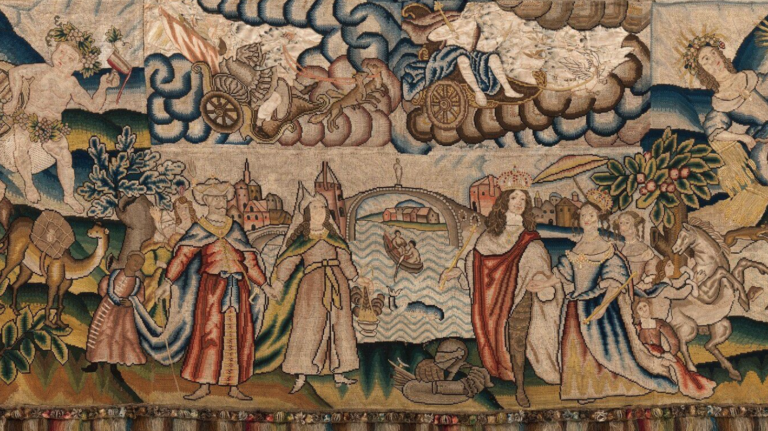In the Victorian Era viral illness incited pathological fear exacerbated by the lack of empirical understanding about what germs were or how viruses mutated. In Charles Dickens’ novels, fevers served a narrative function, leading to the victim’s disfigurement, destruction or moral salvation. Writing in The Critic, Natasha Green suggests that our own paranoid fears aren’t so different from our ancestors’.
Menu
- About
- Stories
- Global Newsstand
- Videos
- Authors on Air
NEW
NEW



